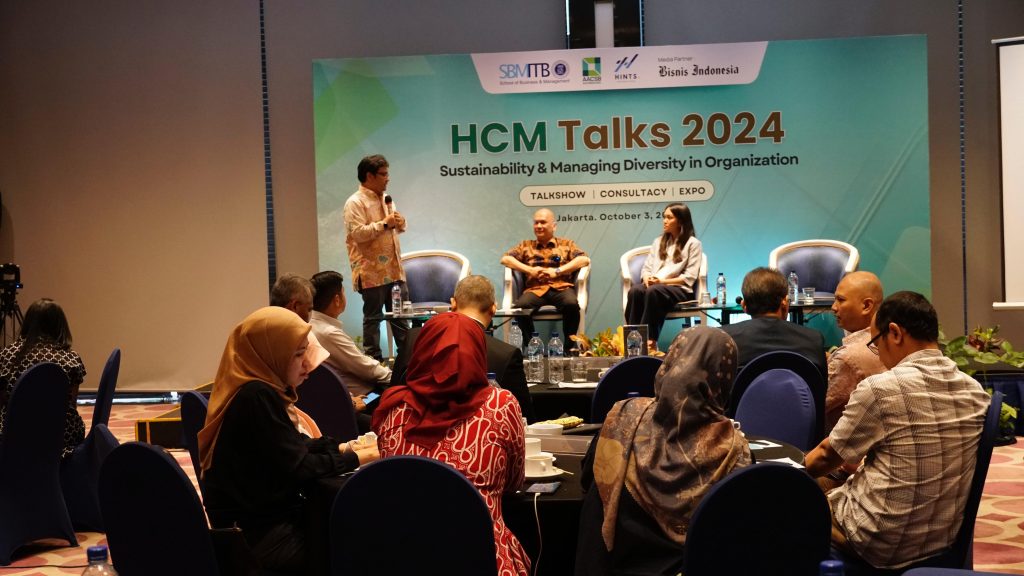Indonesia is experiencing significant advancements in areas like gross domestic product (GDP), life expectancy, women’s workforce empowerment, digitalization, and more. These developments reflect current trends and progress. However, these shifts also bring disruptions, sparking ongoing changes that may take time to integrate, as societal transformation does not happen overnight fully.
Preparing individuals for future demands has become essential to keep pace with modern industry needs. Human adaptability is critical in today’s fast-evolving world.
Many jobs are shifting due to the rise of technology and new programs. While various professions will be impacted, there’s also an opportunity to explore the emerging sectors,” stated Indiana Jusi, Engagement Manager at McKinsey & Company Indonesia, during a Human Capital Management Talks discussion in Jakarta on Thursday (3/10). “The new era is creating fresh opportunities in the industry through emerging sectors and replacement roles. Where new industries develop, new jobs will follow.”
According to Jusi, recent volatility, uncertainty, complexity, and ambiguity (VUCA) are reshaping the global landscape, bringing seldom-seen megatrends to the forefront. VUCA presents educational institutions with a significant challenge: adapting the educational process to meet modern demands and build a future-ready workforce. Collaboration between academia and industry is essential for maintaining relevance in these changes.
Jusi cited a successful collaboration between Nanyang Technological University and MasterCard as an example of aligning education with societal needs.

As Donald Crestofel Lantu, S.T., MBA, Ph.D., Head of People and Knowledge Management Expertise Group at SBM ITB, points out, the issue is not the quantity of knowledge universities provide. The real challenge lies in their ability to address the gaps arising from industrial demands. The current labor market reflects a large population but limited talent that meets industry standards.
“Every industry and company have its unique approach to business processes. The challenge for educational institutions is to train human resources to meet industry needs,” Donald remarked. “In curriculum development, collaboration and synergy between education and industry are key to addressing future challenges. Creating value is not confined to one area alone; it’s through collaboration and synergy that we can develop exceptional talents, contributing to Indonesia Emas 2045.”




